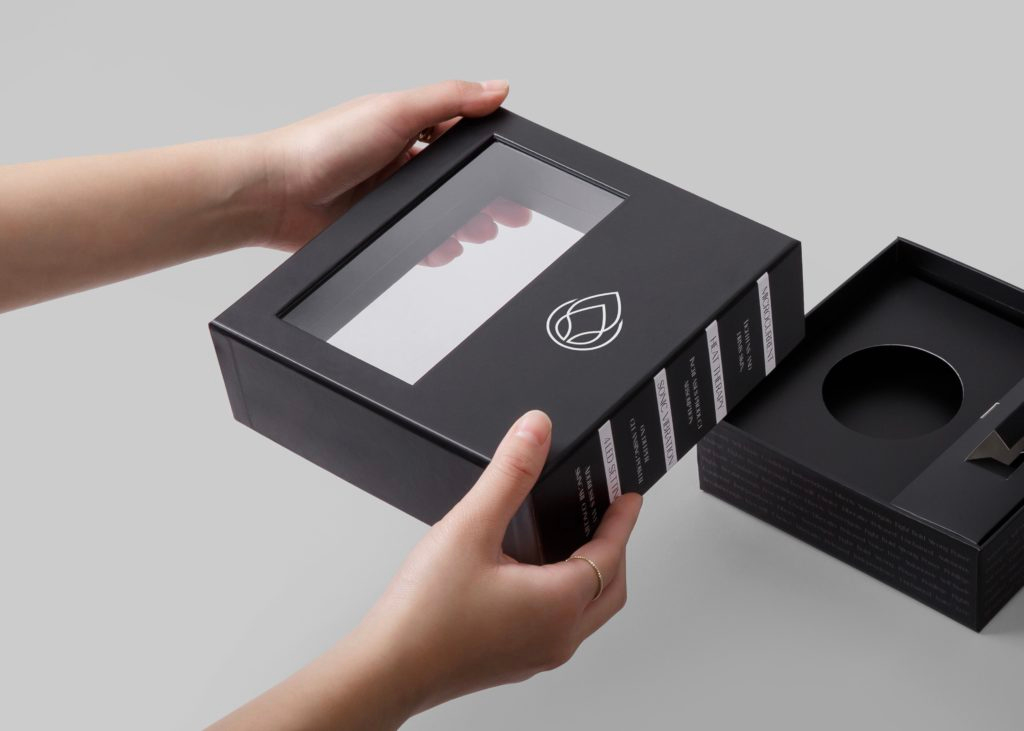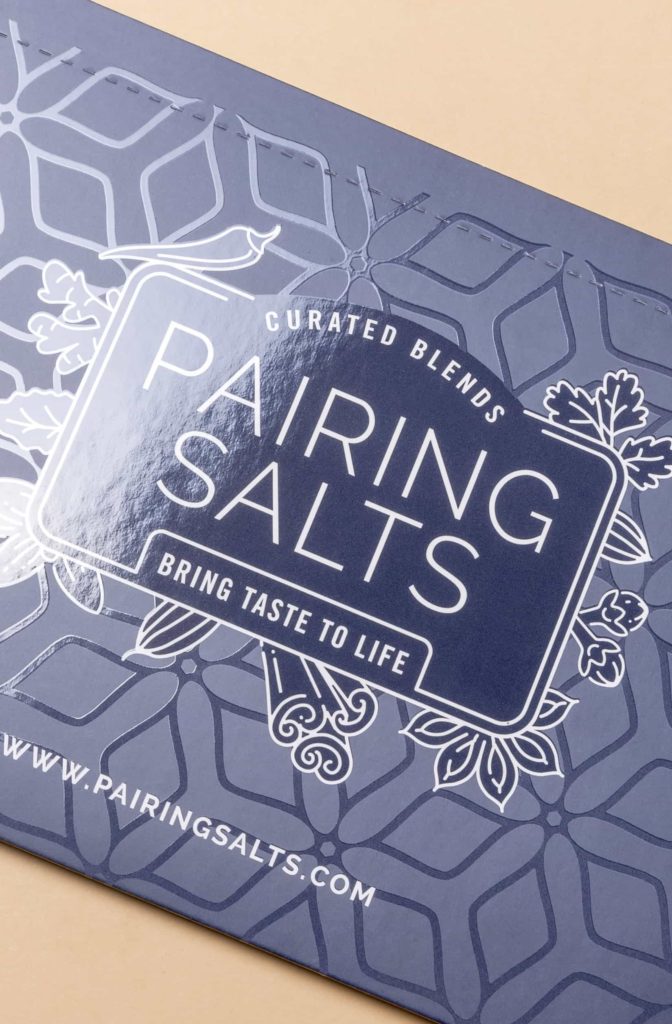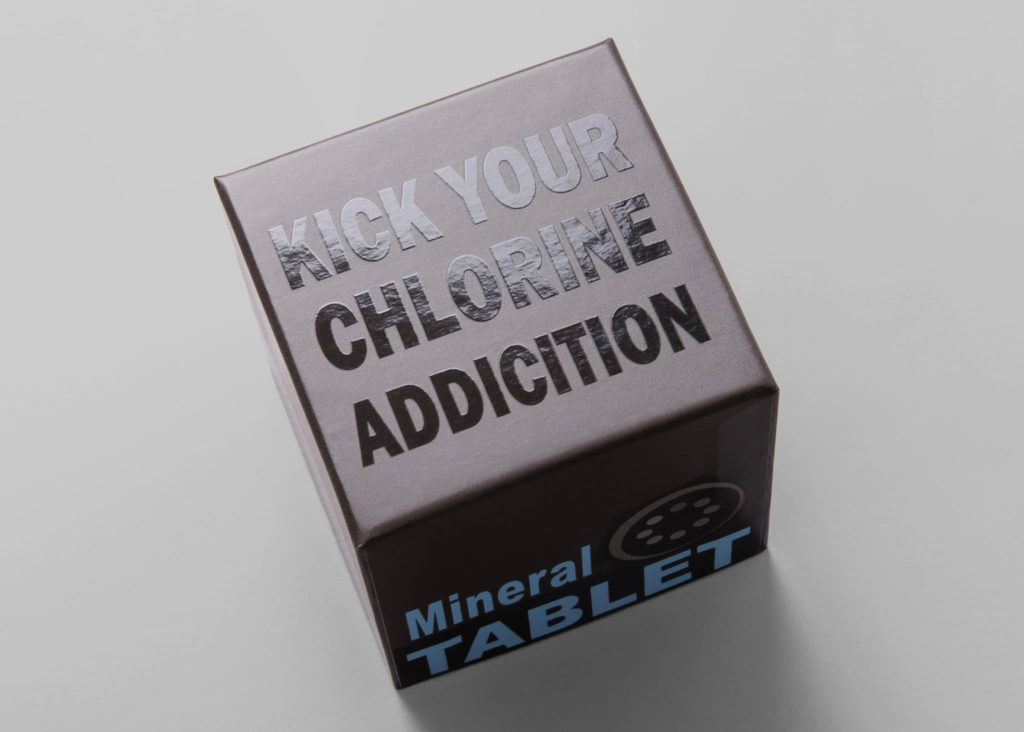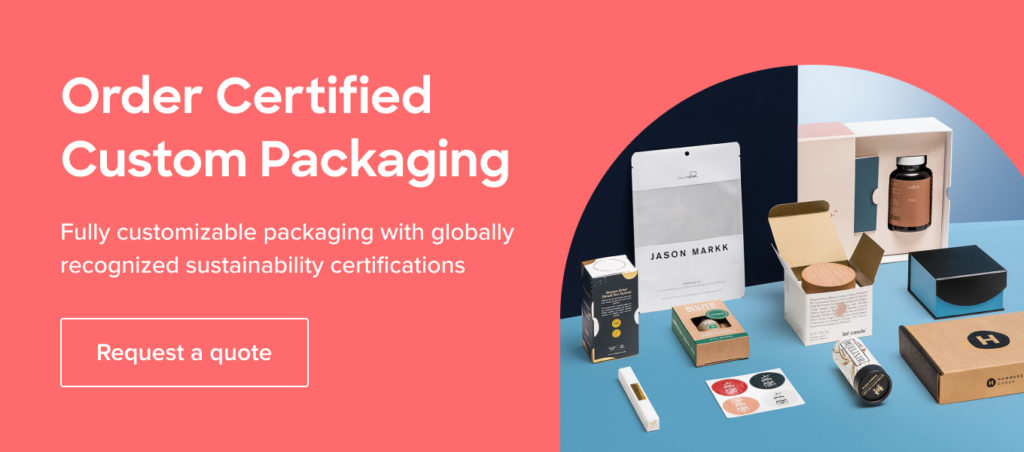Table of Contents
Packaging design can be a make-or-break aspect for any business trying to stand out in the market.
But, what many forget is that the small details can make a big difference, especially when it comes to the durability and quality of packaging.
Have you ever received a package that looked beautiful, but then realized that it had scuff marks or scratches on it? That’s where lamination can make a big difference.
It not only makes your package look polished but also helps protect it from scratches and other unexpected damage.
It can be tricky to decide whether a gloss laminate or a matte laminate will work best for your packaging design.
But don’t worry, we’ll make sure you make the right choice for your design.
In this blog post, we’ll take a deeper look at the differences between gloss laminated paper and matte laminated paper, what makes them unique, and how to choose the right one for your packaging needs.
So, let’s dive in and get your packaging ready to impress!
What is Matte Lamination?
Matte lamination is like giving your packaging a silky smooth and non-reflective finish it’s also known as soft touch lamination.
It’s like the velvet of packaging materials!
It’s a great way to create an understated and classy look, while also protecting your packaging from wear and tear.
The Benefits of Matte Laminate Paper
Matte lamination or soft touch lamination reduces glare from reflections ensuring your packaging design is protected and visible from any angle.
The non-reflective finish also adds a level of sophistication and class that can help your product stand out on shelves.

Another benefit of matte lamination is that it hides minor imperfections in the packaging material and adds a tactile feel to the packaging, making it more interesting to touch and hold.
This can be especially useful for materials made from recycled packaging or for custom boxes that have to withstand harsh handling.
The Drawbacks of Matte Lamination
It’s also important to consider the drawbacks of matte lamination.
While it can make colors look more subdued, it can also dull colors and reduce the vibrancy of images on the packaging.
Additionally, it is not as durable as gloss lamination and can scratch more easily.
Overall, matte lamination is ideal for products that require a sophisticated and understated look.
This includes high-end or luxury products such as cosmetics packaging, jewelry packaging, and electronics packaging, as well as products that need to convey a natural or organic image like food and beverage packaging.
So, if you’re looking for a packaging design that exudes elegance and refinement, matte lamination might just be the way to go!
What is Gloss Lamination?
In contrast to matte lamination, the gloss has a lustrous quality. It’s like adding a clear coat to a freshly painted car.
It’s perfect for adding a touch of glamour and vibrancy to your packaging, while also providing a durable and protective layer that keeps your product safe and secure.
Advantages of Gloss Lamination
One of the biggest advantages of gloss lamination is that it enhances color vibrancy and image quality on packaging materials, making them appear brighter and more vivid.
If your brand is trying to communicate a brighter and more youthful feel, gloss lamination is probably your ideal choice.

Gloss lamination is also scuff, scratch, and moisture resistant making it an ideal solution for luxury food packaging, cosmetics packaging, and game packaging.
Drawbacks of Gloss Lamination
There are also some drawbacks to gloss lamination.
It can reflect direct lighting and glare, which may make it difficult to read text or photograph the packaging, especially in certain lighting conditions.
Gloss lamination can also show fingerprints and smudges more easily than matte lamination, so it’s important to consider the main colors when designing your packaging, lighter colors will showcase fingerprints less.
Which Lamination is Right for You?
It’s important to note that the answer to ‘which one is better?’ ultimately depends on what the lamination will be used for.
As mentioned above, both matte and gloss lamination have their own unique set of advantages and disadvantages.
For some applications, the drawbacks may not even matter or may be minor.
In fact, it’s possible to combine the benefits of both matte and gloss lamination to create the perfect finish for your packaging design.
For example, adding a gloss laminate over a matte laminate barcode can make scanning easier or allow users to write on it if needed.

Conversely, adding a matte lamination over a label or sticker can provide a luxurious look and add an intricate feel to your packaging.
Despite some people perceiving matte lamination as boring, there are ways to use it creatively and effectively.
By combining it with gloss lamination or using it in the right context, you can achieve a unique look and feel that stands out on the shelf.
Matte vs Gloss Lamination: A Comparison
| Comparison Point | Matte Lamination | Gloss Lamination |
| Appearance | Lush, soft, low-key, higher perceived quality | Shiny, dynamic, high-impact, higher perceived quality |
| Protection | Scratches and scuffs are less visible on the film lamination | Resists fingerprints, dust and dirt Grime and smudges can be wiped easily off a gloss laminate surface Scratches, indents and imperfections are more visible on glossy surfaces |
| Receptive to Ink | You can write over a matte laminate label or menu card | A glossy substrate is a difficult substrate to write over |
| Glare | Matte lamination doesn’t produce any glare | The glare from the lamination can pose a problem in research posters However, if poster sessions are lit by lights placed up high above the posters, then glare is leveled towards the floor and doesn’t cause any readability issues. |
Ultimately, laminations and coatings are an excellent way to elevate the look and feel of your packaging, and choosing the right one requires careful consideration of all the factors involved.
By weighing the pros and cons and considering your specific needs, you can make an informed decision that results in packaging that not only looks great but also serves its intended purpose effectively.






